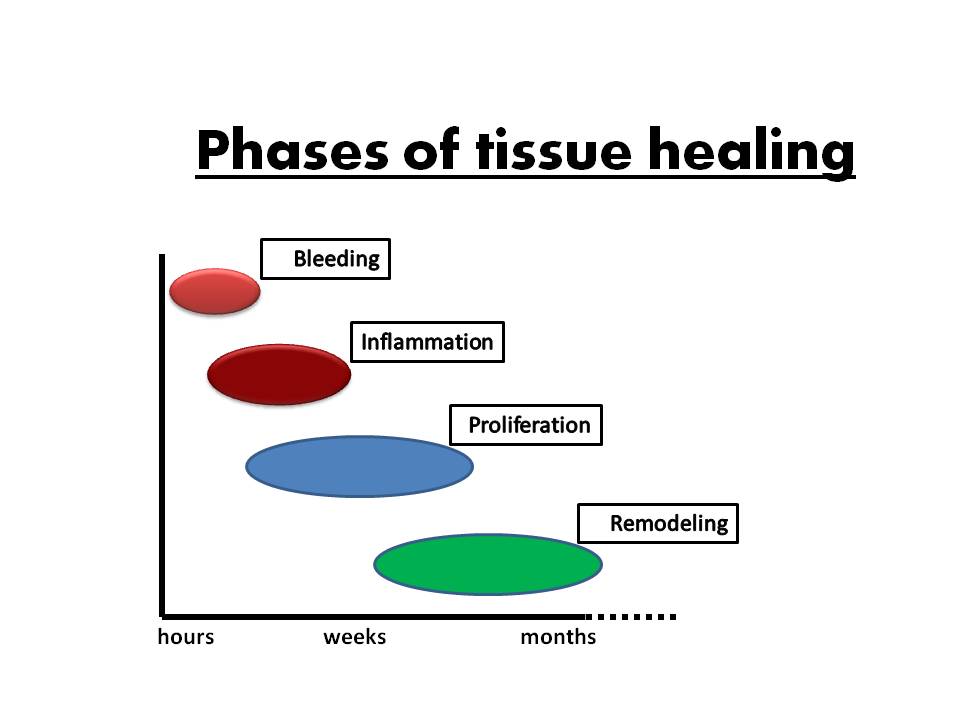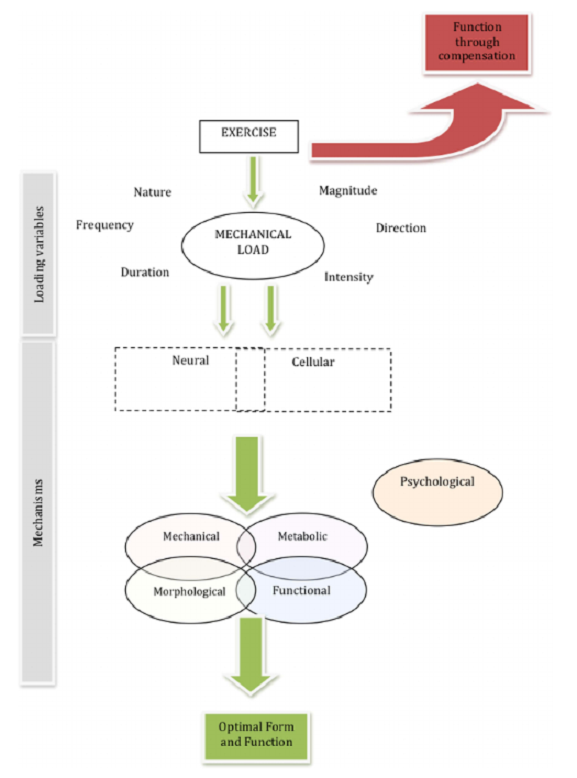|
In 1978, Gabe Mirkin a now renowned scientist in the health and wellness space, coined the phrase RICE regarding an approach to injuries. This being Rest, Ice, Elevation, and Compression. For years this has been the gold standard immediate response to an injury of a joint or a muscle and you may have heard the phrase because of how widespread it has become. I want to ask you though; Have you heard of PEACE & LOVE? This one stands for Protect, Elevate, Avoid analgesics, Compression, Educate, Load, Optimism, Vascularisation and Exercise. In 2015 Gabe Mirkin released an official report no longer standing by the previously popular RICER tool. Increasingly active recovery becoming a more evidence-based approach to injury first aid. Active recovery and loading are how you should approach a new injury to get you back to doing the activities you love sooner! Before I can get to this, let me point out to you why rest isn’t the best course of action, then I can tell you why exercise is the best. Without getting too ‘science-y’; although if you were to aggressively load the joint or immediately protect the injury, prolonged rest can lead to undesirable modification or mechanics through the healing process. Think about the reasons for why we prescribe exercises for you in a clinical setting if you’re looking to rehabilitate a muscle or joint. The load and stress induce a response from the body to improve tissue redevelopment. A great anecdote for this approach of shortened rest is, following hip or knee replacements you’ll see people getting discharged from hospitals as soon as they can manage a flight of stairs. When you injure a muscle, bone or any other component of a joint, inflammation is a necessary stage in the healing process. Ice acts inversely to the natural inflammation process. While ice can be an effective short-term relief for pain resulting from the injury, it will narrow blood vessels, stunt flow of hormones and immune factors and then continue to slow this necessary inflammation. Check out the process here ↓ In the same category as ice are other analgesics such as steroids, NSAIDS and immune suppressants, to name a few. It is important to note that anything that reduces inflammation will result in delayed healing. The other components of the RICE protocol that remain in the PEACE & LOVE protocol are Compression and Elevation. Both have many clinical applications and the principles of using these lies in venous return and aiding flow of blood and immunogens. Although there is competing data for efficacy of these tools, there is no evidence that these slow the healing process and they remain in the best practice initial response to injury. Let’s give ourselves PEACE! The LOVE in the new acronym represents the prescription you would receive in a rehabilitation program and the changes that occur in the body due to this. I’ve included a graphic which visualises what we’d prescribe in a program versus what happens if it is left alone, or simply put: rested. Within a well prescribed exercise program there will be changes in your ability to load, positivity associated with moving and your aerobic and cardiovascular capacity. These things forming the final portion of LOVE, being Load, Optimism, Vascularisation and Exercise. So please following an injury show yourself some LOVE and see a professional! Furthermore, from these changes in best practice from the last decade there are extra approaches and research being undertaken. Another study ongoing from Campbell in 2013 is MEAT (Movement, Exercise, Analgesia, & Treatment) or Robinson in 2017 is MOVE (Movement, Options, Vary, Ease). These both examining active recovery rather than rest showing increasingly more evidence for exercise versus rest. I’ll leave you with one more tool to consider from Reinl in 2013 being ARITA, meaning ‘active recovery is the answer’. Hopefully you take this approach next time you have an injury occur. Thomas Harrison
Accredited Exercise Physiologist
0 Comments
|
AuthorSLisa Parkinson Archives
July 2024
Categories
All
|



 RSS Feed
RSS Feed